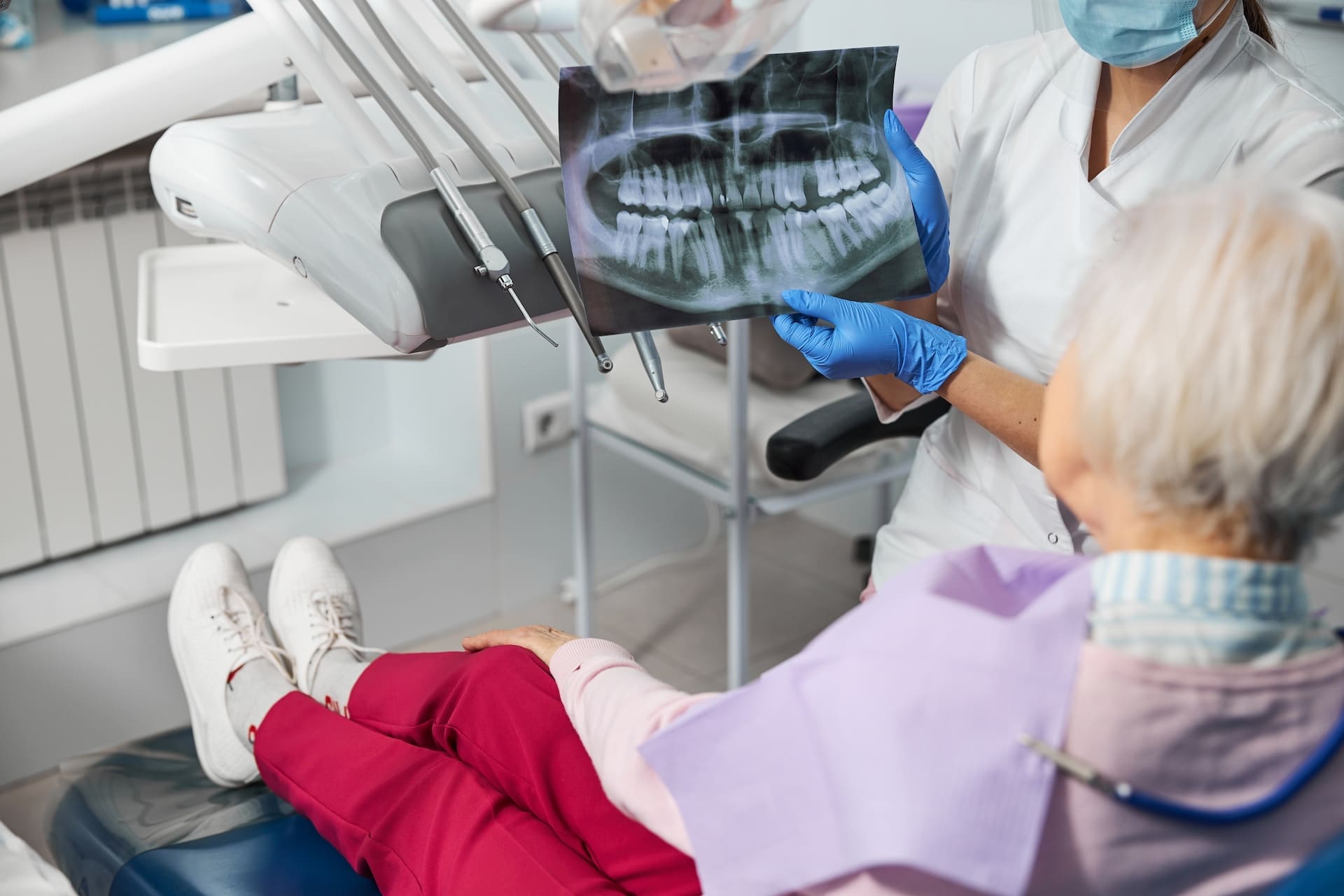1. Common Dental Concerns for Seniors
Seniors face several unique dental challenges, including:- Gum Disease: Gum disease, also known as periodontal disease, is a common issue among seniors. Left untreated, it can lead to tooth loss and has been linked to other health issues, such as heart disease and diabetes.
- Tooth Decay: Tooth decay can occur at any age, but seniors are more susceptible due to factors like dry mouth, which reduces saliva production and increases the risk of cavities.
- Tooth Loss: Losing teeth can affect a senior’s ability to chew and speak properly, as well as their self-confidence. Dental implants, bridges, and dentures can help restore function and appearance.
- Dry Mouth: Medications and certain medical conditions can cause dry mouth, which can lead to an increased risk of tooth decay and gum disease.
- Oral Cancer: The risk of oral cancer increases with age. Regular dental checkups can help detect early signs of oral cancer and improve the chances of successful treatment.
2. The Connection Between Oral Health and Overall Health
Good oral health is essential for overall wellbeing, especially for seniors. Poor oral health has been linked to several health issues, including heart disease, stroke, and respiratory infections. Additionally, untreated dental issues can cause pain and discomfort, making it difficult for seniors to maintain a balanced diet and enjoy a good quality of life. By maintaining good oral hygiene and scheduling regular dental checkups, seniors can help prevent dental issues and protect their overall health.3. Tips for Maintaining Good Oral Health as a Senior
To maintain good oral health as you age, consider the following tips:- Brush and Floss Regularly: Brush your teeth at least twice a day with fluoride toothpaste and floss daily to remove plaque and food particles from between your teeth and under your gumline.
- Maintain a Balanced Diet: Eating a diet rich in fruits, vegetables, and whole grains can help support your oral health and overall wellbeing. Limit sugary and acidic foods to prevent tooth decay.
- Stay Hydrated: Drinking plenty of water throughout the day can help combat dry mouth and reduce the risk of tooth decay and gum disease.
- Don’t Smoke: Smoking increases the risk of gum disease, tooth loss, and oral cancer. Quitting smoking can significantly improve your oral health and overall wellbeing.
- Schedule Regular Dental Checkups: Regular dental checkups and cleanings are essential for maintaining good oral health and detecting potential issues early.


